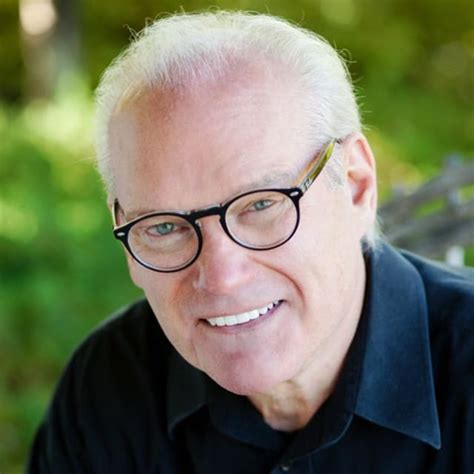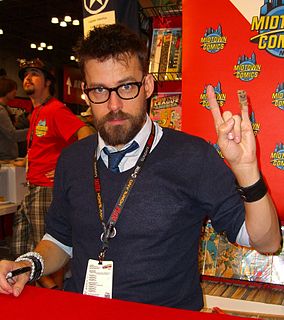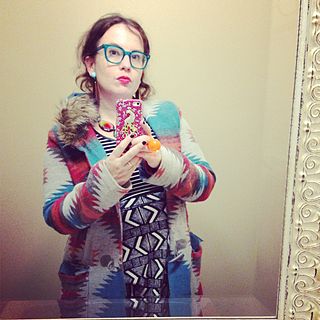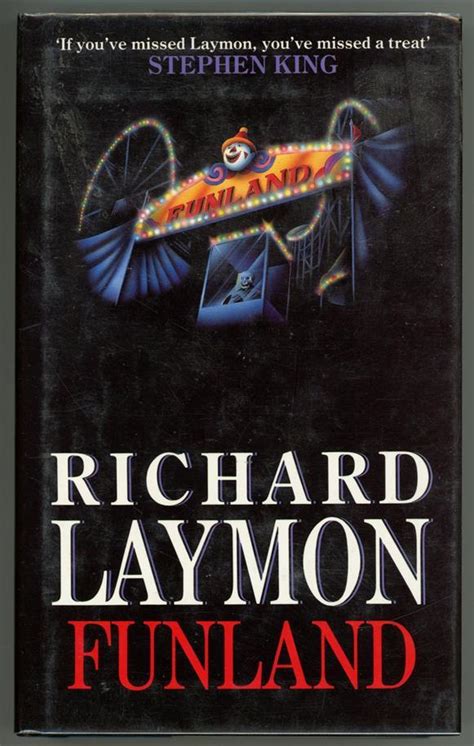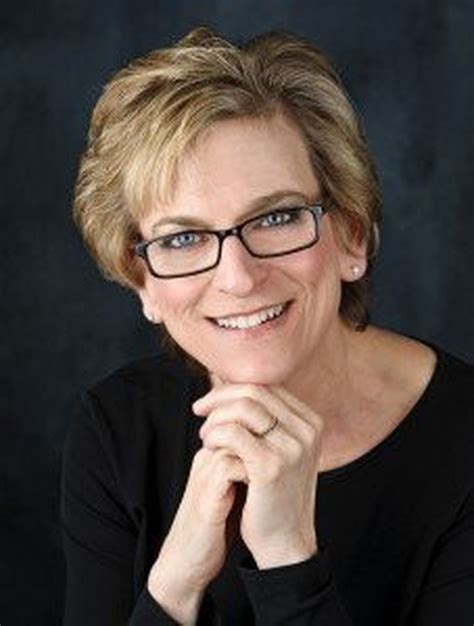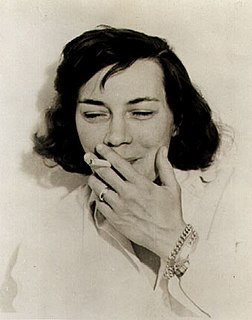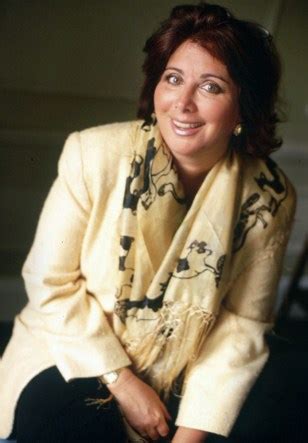A Quote by Adrienne Rich
A book of poems doesn't just come out by chance, an editor has to select it, a publisher has to distribute it or you will never see it.
Related Quotes
In the long run, the quality of your work is all that matters. That is your only resumé. Be professional. Make sure your editor or publisher can always reach you. Do what's asked of you if your conscience can bear it. But know that, five years from now, as fans or prospective employers are looking over your published pages, no one will care that this story sucks because the publisher moved the deadline up or because the editor made you work an android cow into the story. All they will care about is what they see in front of them, and they will hold you responsible for it, no one else.
[A comic book writers' union] will never happen. Someone will always be willing to write Batman for free. ... You sit at a bar with an editor at a show and you see 19 people come up and pitch ideas at them. If everybody writing the top 20 books all quit and demanded, 'Union now, union forever,' those 19 guys would be getting phone calls. There will never be a union. I think things are getting better - I bet things have never been so good - but there will never be a union.
Emily Kendal Frey's The Grief Performance is a book that condenses a journey of finding and re-finding loss into beautiful packages. The packages are the poems and they sit shiny and new on every page of this fabulous and generous book. I want to go into the world that these poems create, just so that I can be given these terrifying presents again and again. I know you will, too. See you there.
When Emily Dickinson's poems were published in the 1890s, they were a best-seller; the first book of her poems went through eleven editions of a print run of about 400. So the first print run out of Boston for a first book of poems was 400 for a country that had fifty million people in it. Now a first print run for a first book is maybe 2,000? So that's a five-time increase in the expectation of readership. Probably the audience is almost exactly the same size as it was in 1900, if you just took that one example.



